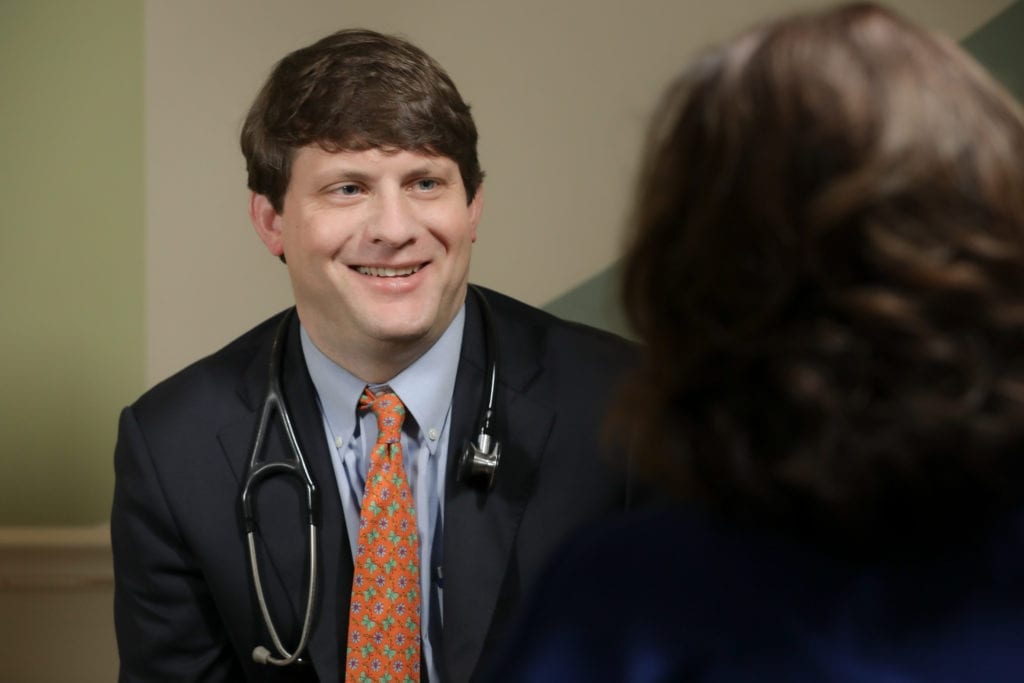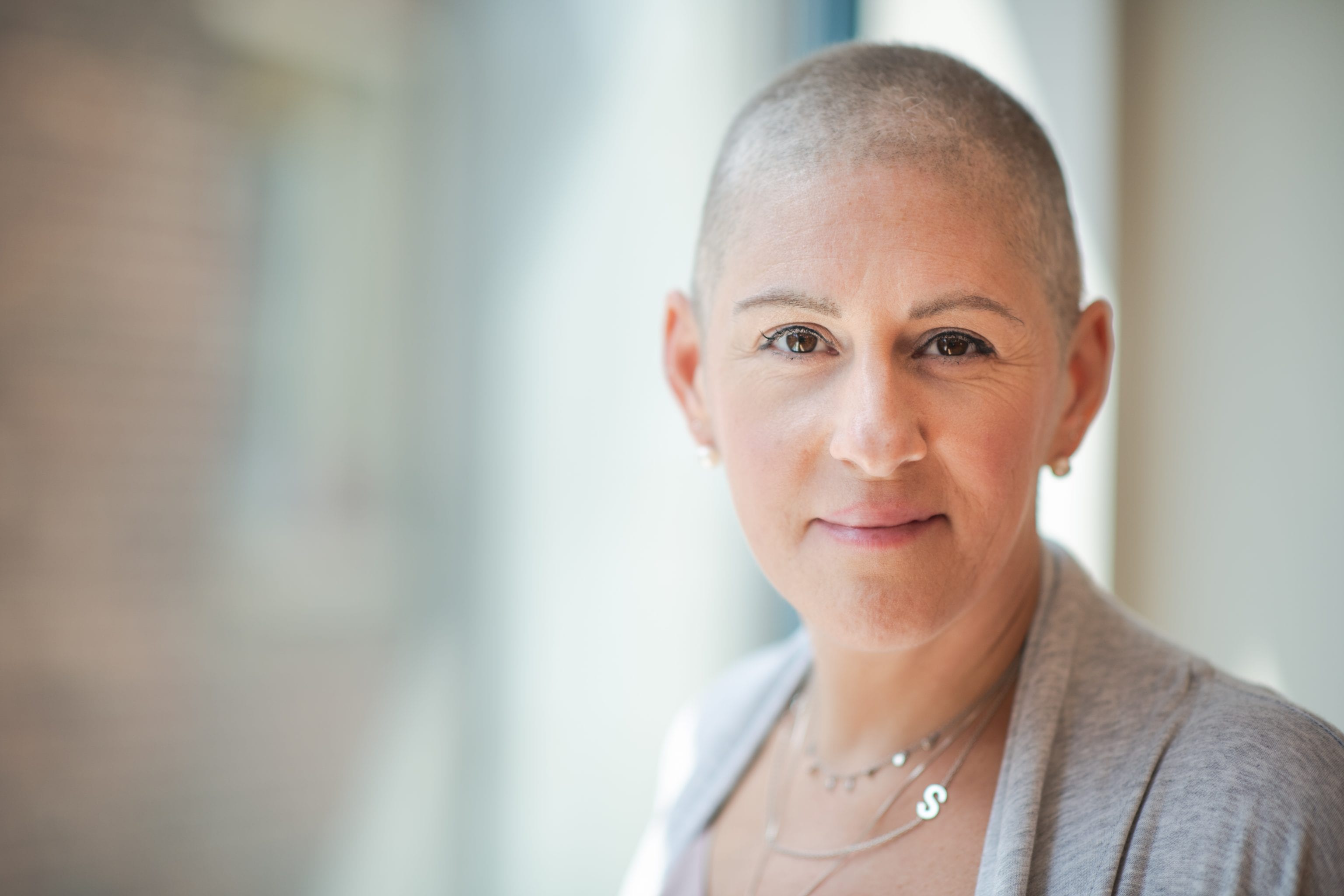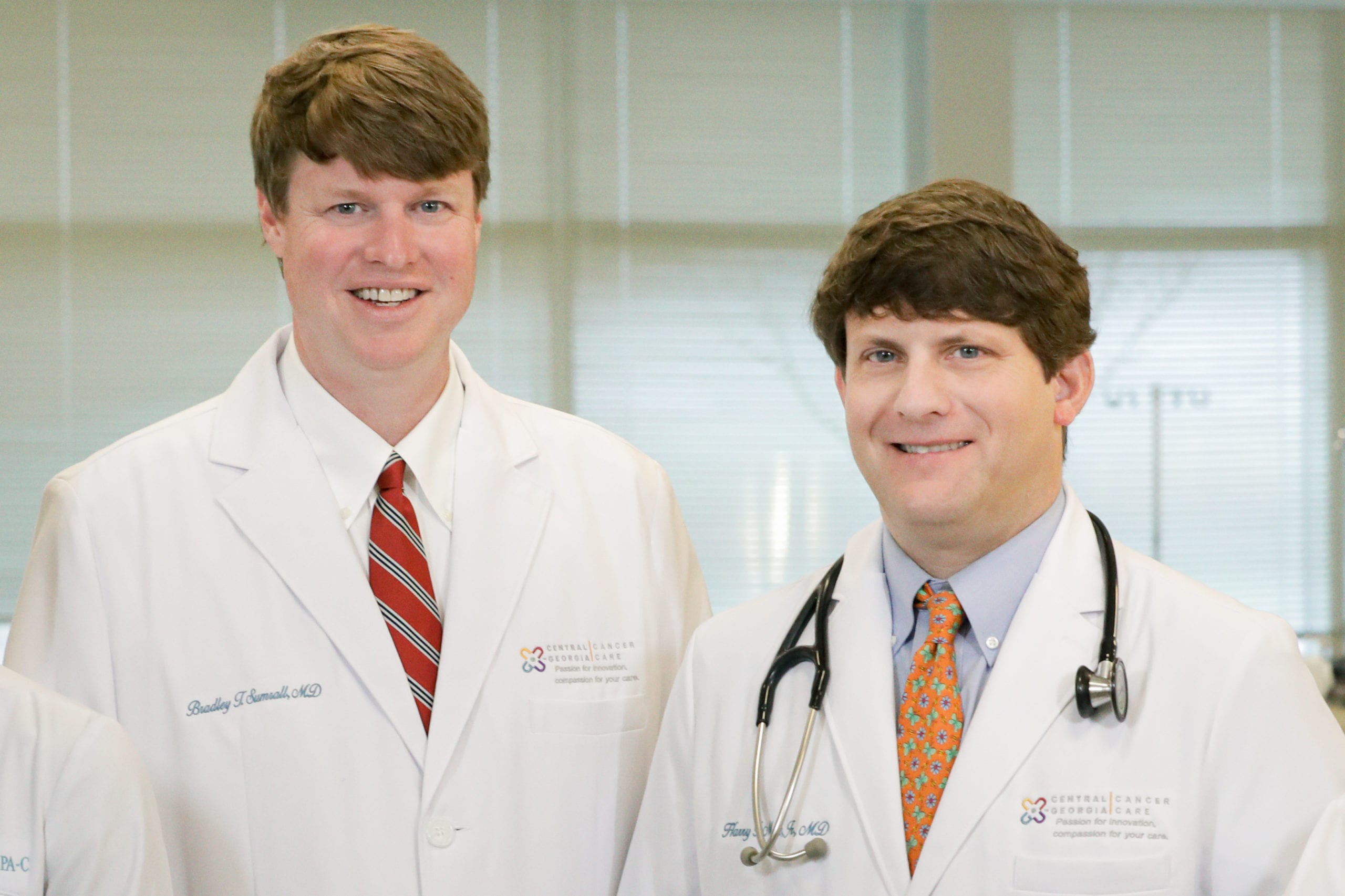Gastroesophageal Cancer What is Gastroesophageal Cancer?



What is Gastroesophageal Cancer?
Gastric (or stomach) cancer and cancer of the esophagus are both in the digestive system. For the past several decades, the rates of cancer in the main part of the stomach (in the mucus-producing cells that line the stomach) have been falling worldwide. During the same period, cancer in the area where the top part of the stomach (cardia) meets the lower end of the swallowing tube (esophagus) has become much more common. This area of the stomach is called the gastroesophageal junction.
Symptoms of gastroesophageal cancer:
Signs and symptoms of gastroesophageal junction cancer and stomach cancer (adenocarcinoma) may include:
- Fatigue
- Feeling bloated after eating
- Feeling full after eating small amounts of food
- Severe, persistent heartburn
- Severe indigestion that is always present
- Unexplained, persistent nausea
- Stomach pain
- Persistent vomiting
- Unintentional weight loss.
- Feeling bloated after eating
- Feeling full after eating small amounts of food
- Severe, persistent heartburn
- Severe indigestion that is always present
- Unexplained, persistent nausea
- Stomach pain
- Persistent vomiting
- Unintentional weight loss.
Second opinion Understanding Your Condition with a Second Opinion
Getting a second opinion means asking another physician to review all your medical reports and test results, give an opinion about your diagnosis and how it should be treated. CGCC is often asked for second opinions about a patient’s cancer diagnosis.
Second Opinion?
“Doctors are looking to learn more about esophageal cancer, researching ways to shrink it before surgery, introducing targeted therapies and a combination of drugs for treatment, even investigating chemoprevention for specific disease states. Like almost all oncology, gastrointestinal therapies offer an exciting, expanding field of health solutions.”
Harry F. Moore, M.D.
Questions Questions For Your Doctor
As your partners for health, Central Georgia Cancer Care wants to help you make informed decisions about your health care. Please feel free to ask any question you may have, even those beyond the list that follows. It may also be helpful to bring someone along to your appointments to take notes.
- What type of stomach or esophageal cancer do I have?
- Can you explain my pathology report (laboratory test results) to me?
- What stage is the stomach or esophageal cancer? What does this mean?
- Would you explain my treatment options?
- What clinical trials are available for me? How do I find out more about them?
- What treatment plan do you recommend? Why?
- What is the goal of each treatment? Is it to eliminate the cancer, help me feel better, or both?
- Who will be part of my treatment team, and what does each member do?
- How will this treatment affect my daily life? Will I be able to work, exercise, and perform my usual activities? Will my eating habits need to change?
- What long-term side effects may be associated with my cancer treatment?
- If I’m worried about managing the costs of cancer care, who can help me?
- If I have a question or problem, who should I call?

“Absolutely love Dr. Moore! He is so down to earth and kind-hearted. He always answers all our questions in a way we can understand. It has been a blessing finding him. I wish more doctors were like Dr. Moore.” – Warner Robins patient

